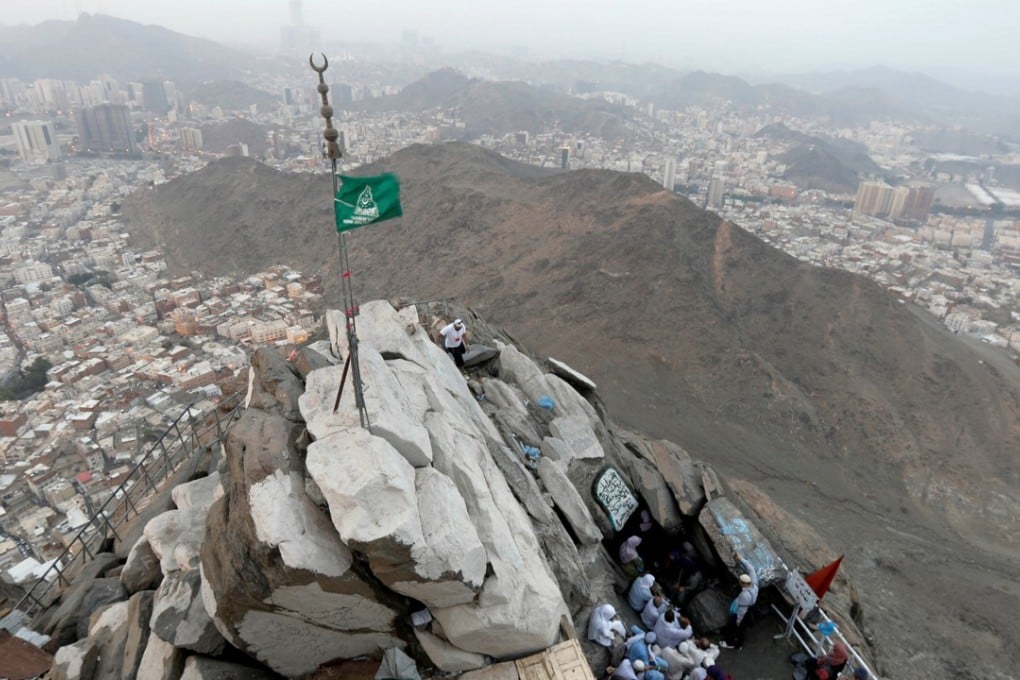Saudi Arabia continues to control haj pilgrimage, but what does it mean for the tangled politics of the Muslim world?
Saudi Arabia uses its oversight of the haj to bolster its standing in the Muslim world – and to spite its foes, from Iran and Syria to Qatar

More than 1.7 million Muslims from around the world have arrived in Saudi Arabia for the start of the annual haj pilgrimage this week. Once in Mecca – the site of Islam’s holiest place of worship – they will be reminded that the ruling Al Saud family is the only custodian of this place.
Large portraits of the king and the country’s founder hang in hotel lobbies across the city. A massive clock tower bearing the name of King Salman’s predecessor flashes fluorescent green lights at worshippers below. A large new wing of the Grand Mosque in Mecca is named after a former Saudi king, and one of the mosque’s entrances is named after another.
It’s just one of the many ways that Saudi Arabia uses its oversight of the haj to bolster its standing in the Muslim world – and to spite its foes, from Iran and Syria to Qatar. Its arch-rival, the Shiite power Iran, has in turn tried to utilise the haj to undermine the kingdom.
The haj has long been a part of Saudi Arabia’s politics. For nearly 100 years, the ruling Al Saud family has decided who gets in and out of Mecca, setting quotas for pilgrims from various countries, facilitating visas through Saudi embassies abroad and providing accommodation for hundreds of thousands of people in and around Mecca.
Whoever controls Mecca and Medina has tremendous soft power
The kingdom has received credit for its management of the massive crowds that descend upon Mecca each year – and blame when things go wrong at the haj. All able-bodied Muslims are required to perform the pilgrimage once in a lifetime.